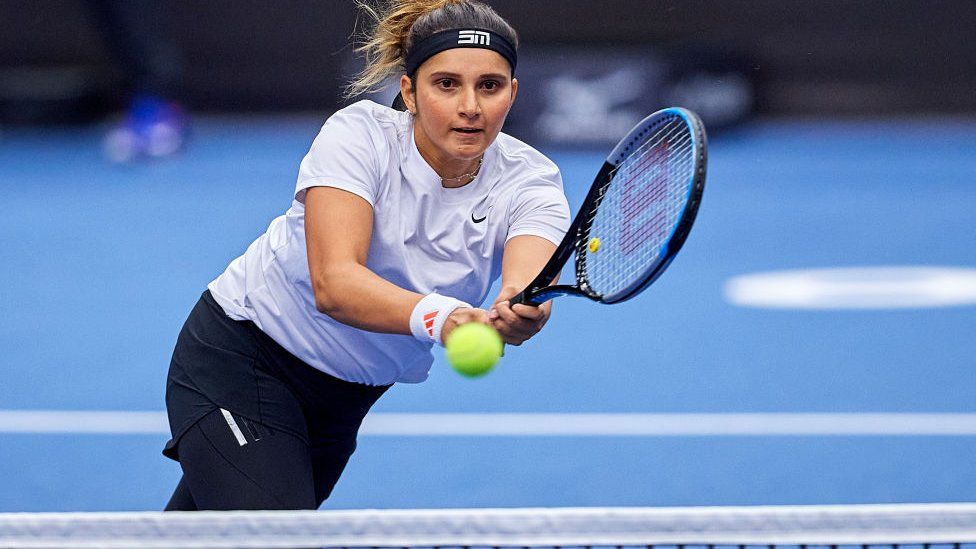Sania Mirza may not statistically compare to all-time greats like Serena Williams, but the tennis player has had a significant influence on Indian sport, particularly for women.
On Tuesday, Mirza served after bouncing the ball three times and quickly bunting her black hair. Her dark eyes were fixed across the net.
At the WTA Dubai Duty Free Championships, she was competing against Russians Veronika Kudermetova and Liudmila Samsonova. Hundreds of spectators, including many Indian fans, crammed the courtside seating to watch her "last dance.".
Her 20-year professional tennis career came to an end when Mirza and her partner Madison Keys were defeated in straight sets in the first round.
Mirza is undoubtedly India's most successful tennis player, having won six Grand Slam doubles titles.
She's amassed 43 major career victories over the years, making history in 2015 when she became the first Indian woman to ever reach the top spot in the WTA doubles rankings.
Despite victories by her rivals and injuries that plagued her over the years, Mirza's fans have remained devoted in a way that is unmatched. Her best season occurred in 2015, when she and Martina Hingis amassed 16 victories, including three grand slams, cementing their status as the greatest women's doubles team in history.
However, Mirza's story is unique because she succeeded as a professional athlete in spite of the odds being stacked against her. She was born in 1986, growing up in Hyderabad in the southern city at a time when tennis was a sport reserved for the affluent.
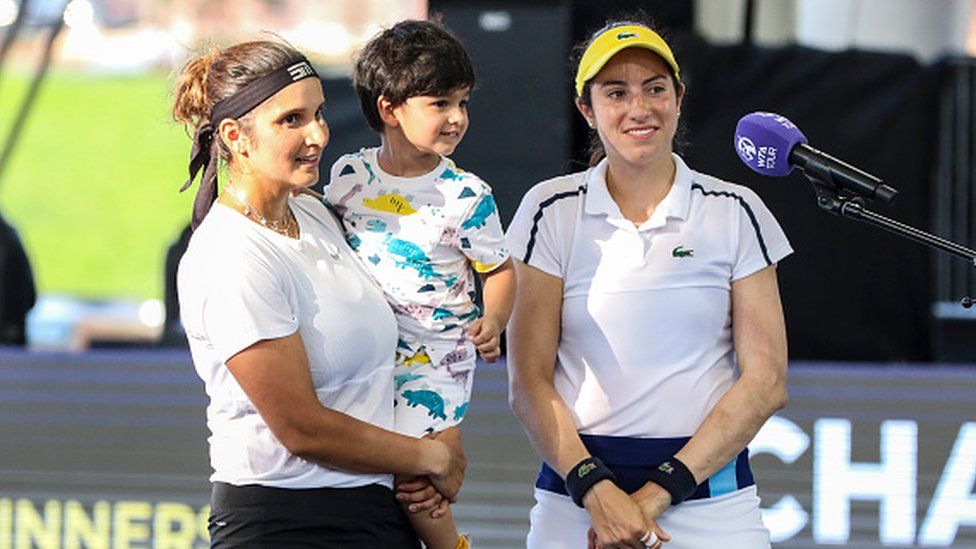
At age six, she started playing on cow dung courts that had potholes as a cost-effective compromise between clay and hard courts.
Mirza proved to be a natural and enjoyed success as a junior tennis player. At the age of 15, she won the girls' doubles title at the Wimbledon Championships in 2003.
She gained notoriety, however, when she beat Serena Williams in the Australian Open third round in 2005, becoming the first woman from India to advance this far in a singles major.
It was an extraordinary achievement; cricket-crazed Indians tuned in to watch the teen compete against a player who was already firmly cemented in the record books as the greatest of all time. Mirza lost the game, but her career had blossomed, becoming a symbol of Indian women's sport and not just tennis.
When there was no internet, watching her play on TV during her matches brought people together. In Indian sports pages, she frequently appeared. Many Indians remember a player from their youth who, for once, looked and spoke like them and was accomplishing great things.
While many people were jubilant over Mirza's success, a group of Muslim clerics issued a fatwa calling her tennis attire "indecent," "un-Islamic," and "corrupting.".
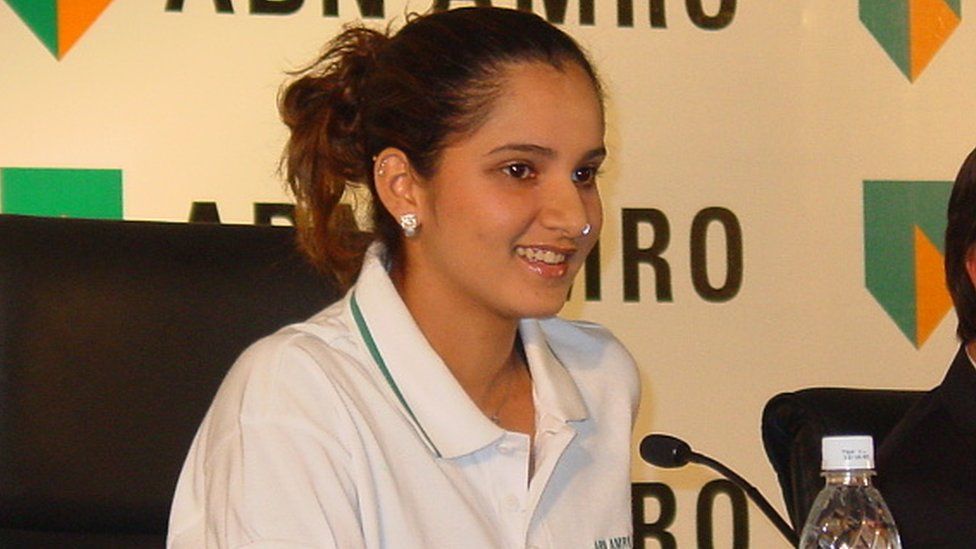
The star, who was only 18 at the time, would soon experience waves of criticism for her decisions both on and off the court.
It was empowering to watch as Mirza, a devoted Muslim, practiced her faith on her own terms without it really obstructing her goals and aspirations.
She responded to comments about her appearance in the same measured, incisive, and occasionally even dramatic fashion as she played tennis. To competitions and events, the player would don t-shirts and caps with cutting one-liners like "You can't handle the truth" or "You can either agree with me or be wrong.".
She was frequently the target of harsh criticism and vitriol in her own country due to her enormous popularity. Mirza, however, gave off the impression of having a rock-solid sense of self and never seemed intimidated by it.
When she decided to skip India's most prestigious tennis event, the Bangalore Open, in 2008, she declared she had no desire to compete there.
She told reporters, "There is always an issue whenever I play in India.
Days prior, she had been charged with desecrating the flag after being photographed resting her bare feet in front of the Indian flag on a table. She had previously incurred the wrath of Muslim organizations earlier in the month when she chose to film an advertisement at a revered mosque in Hyderabad, her hometown.
Following her marriage to Pakistani cricketer Shoaib Malik in 2010, Mirza was frequently questioned about her allegiance to her native nation.
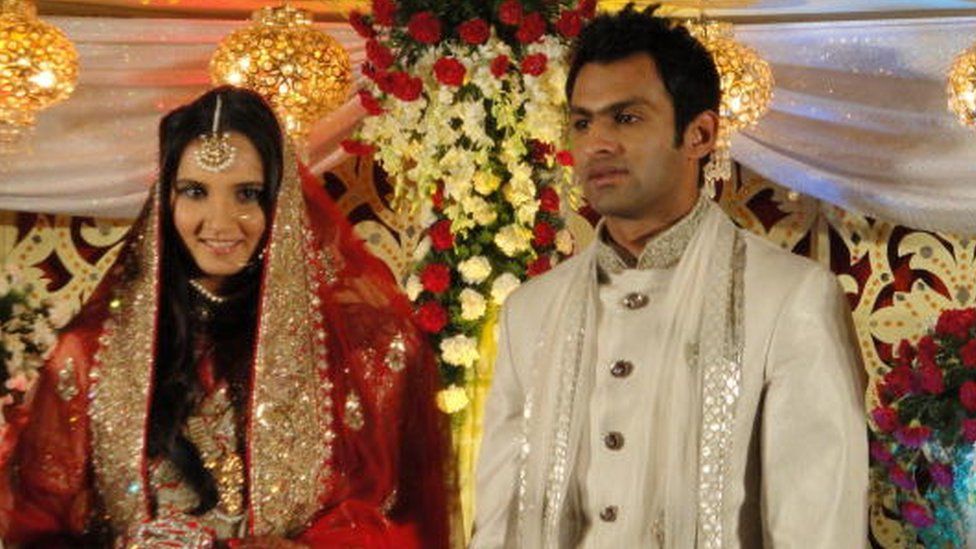
Eventually, Mirza was able to transcend these divisions and turn into a South Asian icon rather than just an Indian one, accomplishing what seemed impossible.
She received encouragement from her online and in-person supporters on Tuesday as she hugged her son following the game. It's a testament to Mirza's ability to blatantly shatter expectations of what she should and shouldn't do.
Mirza succeeded in doing just that—and so much more—in a nation where women have historically been chastised for pursuing professional sports careers.
In an interview with Rajdeep Sardesai, one of India's most renowned journalists, in 2016, he inquired about "settling down," and she rebuked him for "sounding disappointed I'm not choosing motherhood over being number one in the world.".
"That is the question that all women must answer, first deciding whether to get married, then deciding whether to have children. No matter how many Wimbledons we win, unfortunately, that's when we're settled," she said.
Mirza has been a strong supporter of women's rights throughout her time in public life, frequently speaking out against issues such as sexual assault and domestic violence. She has also consistently criticized the unfair standards in Indian sport, where it is still difficult for women to find decent facilities and equitable pay.
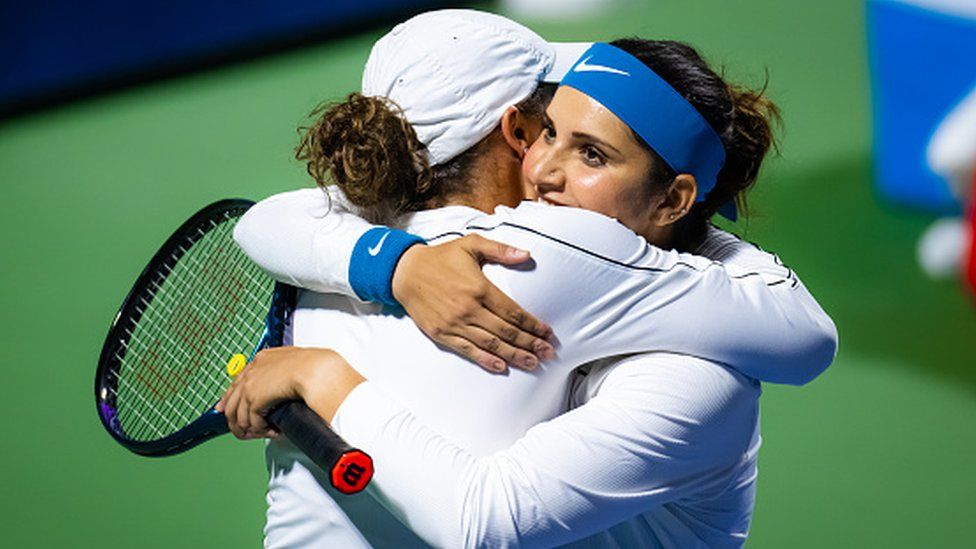
Some consider her cool, direct demeanor to be haughty. Her fans loved how outspoken she was.
"I want people to keep in mind that this girl fought for the right causes. Days before she retired, she told ESPN that "she believed in herself when no one else did. She had a lifelong belief that you can overcome obstacles. ".
Despite the fact that Mirza's tennis career is over, her legacy as a sportswoman appears to have just begun.
In addition to running tennis schools in Dubai and Hyderabad, she will also coach female cricketers for the Royal Challengers Bangalore team who will soon compete in the Indian Women's Premier League.
"The idea is to try and help the next generation and try and find the answer to that question I'm asked constantly: "Who will come after you, that we have not been able to find for the last 20 years?"

